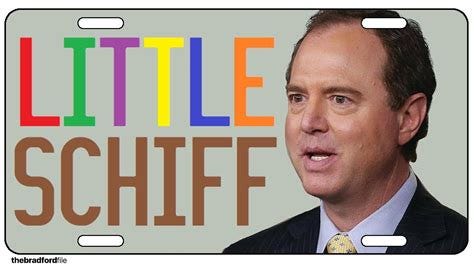When a U.S. House Representative is censured by Congress, it carries several ramifications, both political and symbolic. While the specific consequences may vary depending on the circumstances and the response of the Representative's constituents, here are some general ramifications:
1. Formal condemnation: Censure is a formal statement of disapproval and condemnation by Congress against the Representative's actions or behavior. It serves as an official acknowledgment that the Representative's actions violated the rules, standards, or ethics of the House.
2. Public perception and reputation: Censure can significantly impact the public perception and reputation of the Representative. It serves as a public reprimand, potentially damaging their standing with constituents, political colleagues, and the general public. It can tarnish their image, credibility, and future electoral prospects.
3. Limited official consequences: Unlike expulsion, which requires a two-thirds majority vote, censure itself does not remove the Representative from office. The censured member retains their seat in Congress, maintains voting rights, and continues to participate in legislative activities.
4. Loss of privileges: Censure can result in the loss of certain privileges, such as removal from committees or leadership positions within the House. The severity of the consequences in this regard depends on the specific censure resolution and the decision of the House.
5. Increased scrutiny: Censured Representatives often face increased scrutiny from the media, political opponents, and the public. Their actions and behavior may receive heightened attention, and any future missteps or controversies could be magnified.
6. Historical record: A censure resolution becomes a permanent part of the historical record. It will be associated with the Representative's name and may affect their legacy.
7. Potential impact on legislative effectiveness: The ability of a censured Representative to effectively advocate for and pass legislation may be diminished. Other members of Congress may be hesitant to align themselves with a censured colleague, potentially hindering the Representative's ability to build coalitions and advance their policy agenda.
It's important to note that the specific consequences of censure can vary based on the context, the severity of the offense, and the subsequent actions and reactions of the Representative, their constituents, and their political party.Thank you for reading PopPopThePatriot’s Substack. This post is public so feel free to share it.





